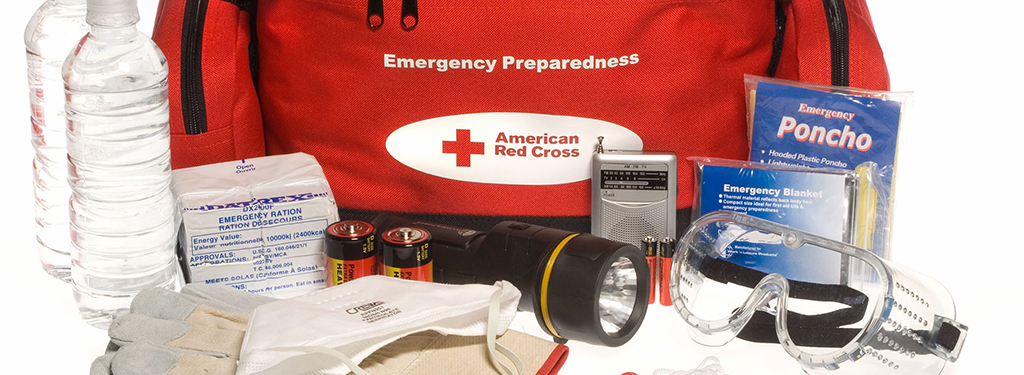
These following links are designed to guide you through the basic steps of preparing for a local or area-wide disaster, as well as executing the necessary actions to stay alive during and after a major catastrophe.
ASSUMPTIONS
There are some assumptions that citizens must be aware of when a disaster strikes. These assumptions are:
- Fire, police, medical and ambulance services may be unable to respond to residential and industrial areas for at least 72 hours following a major catastrophe, because roadways generally may be impassable.
- Hospitals may be full to overflowing with victims from the immediate vicinity who can reach these medical facilities by walking or by driving extremely short distances.
- Material needs, such as water, food, blankets, etc., will not be available from local or federal government sources for at least 72 hours after the disaster occurs.
- Electrical power, natural gas, water, sewer and telephone services may be virtually or completely unavailable.
- If the family home is unable to provide structurally safe shelter, move in with friends, setup shelter outside the home, or possibly, if conditions allow you to get there, move into a motel.
MORE INFORMATION
Dinuba Emergency Operations Plan
FEMA - Are You Ready? An In-Depth Guide to Citizen Preparedness
Department of Homeland Security - Make a Kit
Department of Homeland Security - Make A Plan
American Red Cross - Survival Kit
FEMA - Preparing for Disaster for People with Disabilities and other Special Needs
